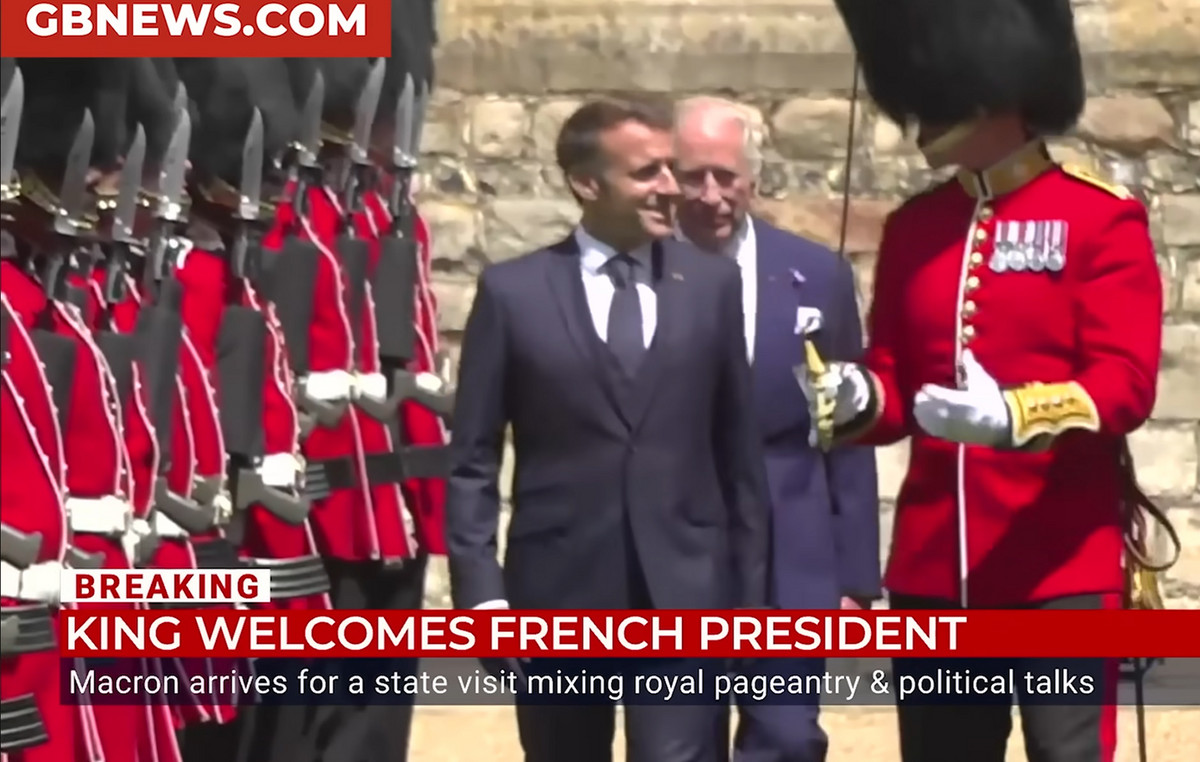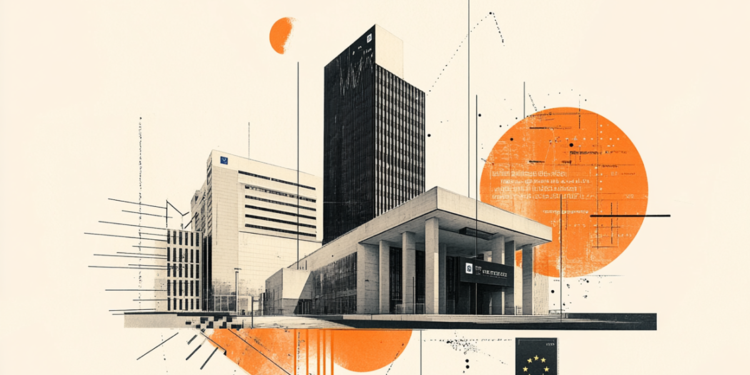A 71-year-old former security guard, accused this Thursday (16) of the attempted assassination of Slovak Prime Minister Robert Fico, is the author of three collections of poetry and, according to his neighbors, showed no sign of political extremism.
Fico, 59, was shot in the small town of Handlova, in central Slovakia, and underwent surgery that lasted hours. A hospital official said the prime minister's condition was “very serious” but stable.
Arrested at the scene, the suspect has not been identified by authorities, but scattered details about him are beginning to emerge as the country struggles to understand the attack.
A neighbor of the modest seven-story building in Levice, a town of about 36,500 people south of Handlova where the suspect lives, said he had known the man for 40 years and that he had never expressed extreme political views.
“He was an educated man and wasn’t very strong on politics that much, but he thought some of the government’s measures weren’t right,” retiree Mile Ludovit, 68, told Reuters through an interpreter.
“Some media reports say he was planning this for a month, but there was no sign of it.”
The suspect was a former shopping center security guard, author of three poetry collections and a member of the Slovak Society of Writers, local media reported.
The Aktuality.sk news agency published statements from the suspect's son saying that his father was a legal holder of a weapons license.
“I have no idea what my father intended, what he planned and what happened,” he said.
The son said that all he could say about his father's views on Fico was that he had not voted for him and that his father was not a psychiatric patient.
A member of the Rainbow Literary Club in Levice told Reuters the suspect was one of its founders. In a statement, the club condemned the attack and said that, as a strictly apolitical group, it had revoked its membership with immediate effect.
Club member Peter Klinko told Reuters he was last with the suspect about two years ago.
“If I had to describe him, I could say in one word that he is a good person,” he said.
“But even a good jug carries water only until it breaks. I can’t tell you anything about his latest thought processes.”
Political conflicts
Monika Nemcekova, editor of a magazine in Levice and a member of the same literary club, said the suspect's poetry sometimes dealt with difficult topics, such as attitudes towards the Roma minority.
In an undated video posted on Facebook, the suspect was seen saying, “I don’t agree with government policy.”
Reuters verified that the person in the video matched images of the man arrested after the shooting involving Fico.
Reuters was able to confirm that the person seen in Slovak TV TA3 footage of a protest against the ruling party on April 24 matched the man arrested for the attack on Fico based on body type, facial features and hair.
The suspect appeared twice in photos, verified by Reuters, on the Facebook page of a paramilitary group that media described as defunct in 2016, but a man associated with the group told Reuters the suspect was not a member and had only met him briefly once.
While the gunman's motives remain unclear, the attack came against a backdrop of fierce political conflicts and polarized debates in Slovakia, which have intensified further in the run-up to a hotly contested presidential election last month.
“This assassination attempt was politically motivated and the decision of the perpetrator was born shortly after the presidential election,” said Interior Minister Matus Sutaj Estok.
He described the suspect as a “lone wolf” who had become radicalized.
An ally of Fico won the elections, which helped him maintain his grip on power. Since returning to the role of prime minister last October, he has rapidly changed his policy, a move seen as a power grab by the opposition.
Fico's government has reduced support for Ukraine and opened dialogue with Moscow, while also seeking to weaken punishments for corruption and dismantle a special prosecutor's office.
Long critical of Slovakia's traditional media, Fico also restructured the public broadcaster in a move seen by opponents as a restriction on media freedom.
Fico was forced to resign as prime minister amid mass protests in 2018, triggered by the commissioned assassination of Jan Kuciak, a journalist investigating high-level corruption.
Source: CNN Brasil
Bruce Belcher is a seasoned author with over 5 years of experience in world news. He writes for online news websites and provides in-depth analysis on the world stock market. Bruce is known for his insightful perspectives and commitment to keeping the public informed.







